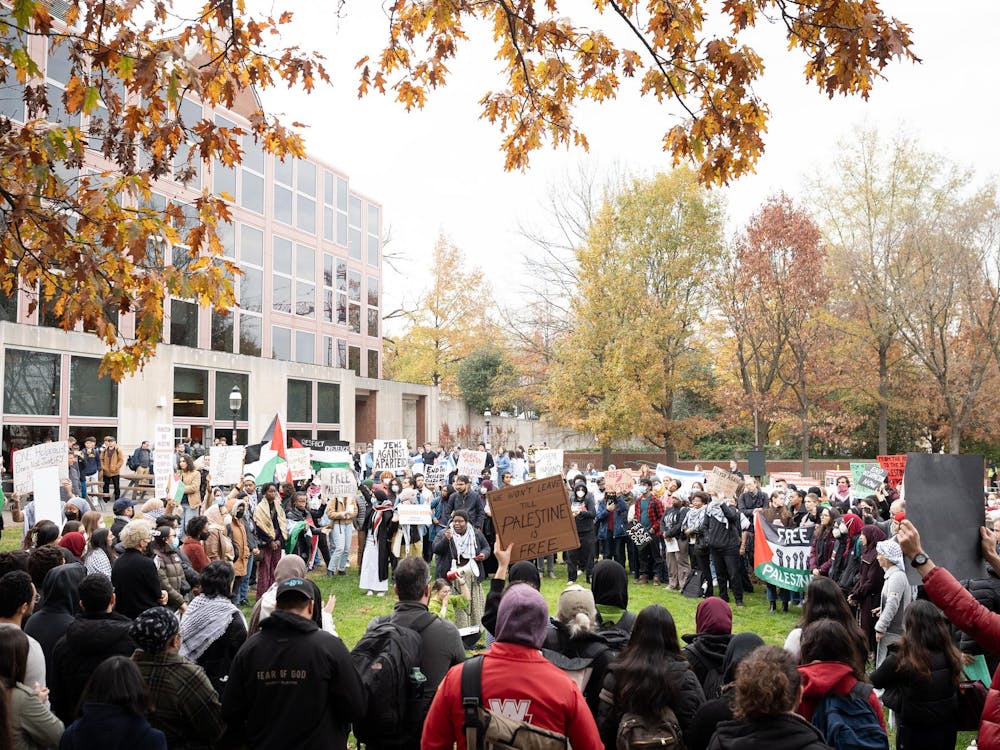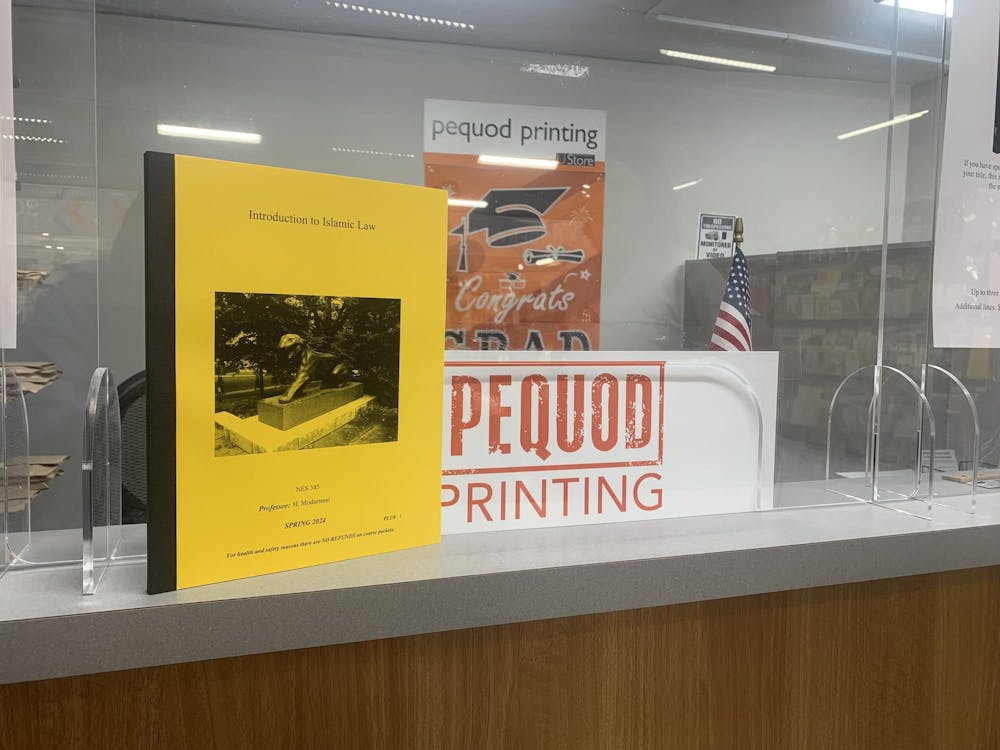Almost everyone is told, when we apply to Princeton, that this University distinguishes itself in large part because of its undergraduate focus. Yes, the argument went, Harvard and Yale might have bigger names and they certainly have more money, but that doesn't matter. If you go to those universities, you will be a second-class citizen, a mere serf compared to the graduate and the postdoctoral students. Princeton, on the other hand, will treat you as a priority.
Well, it's been almost six months since I graduated, and I can conclusively say that argument is bullshit. Princeton University has world-famous professors, bucketloads of money and some of the finest resources of any university in the world. However, the vast majority of it is not meant for the undergraduate student. The professors are meant for research. The money is meant for paying the legions of administrative staff. The resources are meant to cement Princeton's place as the god-king of the US News and World Report rankings.
This may have risen the hackles of some of you, so let's go one by one, shall we?
Professors spend the majority of their time and intellectual energy on research. This is unsurprising, as it is research that can make or break a professor's career (especially if they do not have tenure), rather than teaching or advising. Most graduate students and postdocs face the same issue. Therefore, professors, graduate students and postdocs are incentivized to spend more of their time researching than focusing on undergraduate learning. Even worse, through the tenure process, professors who focus too much on undergraduate learning and not enough on padding their resumes will be forced to leave. The tenured professors who remain will be those who are less interested in undergraduate learning. That said, it is possible for a professor to be both an excellent teacher and researcher, of course. I am forever grateful to those who have chosen to be. However, it is up to a professor's conscience whether or not they decide to be an excellent teacher, and too many refuse.
With regards to money, a lot of money has been spent on students at Princeton. That is undeniable. However, it is also undeniable that a lot of money has been spent, period. Princeton spends $1.7 billion dollars each year, of which over $200 million is for non-academic staff (possibly way more than $200 million, but it's hard to tell from the public data). That includes the 25 administrators under ODUS, the roughly 30 administrators scattered across the colleges and the 130 administrators and staff under the Wilson School. It is unclear to me whether or not anyone has seriously considered the necessity of all of these administrators, especially considering as the growth in their numbers has followed the national trend of rapidly outpacing the growth in students or faculty. Nationally, growth in administrators has been more than double growth in students since 1987. This makes sense, as positions like the “Production Specialist, Innovations for Successful Societies” simply did not exist in 1987, while positions like the “Executive Assistant to the Dean”, the “Dean's Office Assistant”, and the “Special Assistant to the Dean” used to be one position. If it has really benefited the university for the Dean to have three assistants when before the Dean only had one, then so be it, but I don't think that's the case.
Finally, there are the resources. We have rooms upon rooms, two gyms, multiple libraries, more top-of-the-line computers than undergraduates and the most expensive laboratory equipment money can buy. Now, I have seen how underused all these resources are by the students, even as we continue to build and buy more. I'm also aware that most of these resources have been greatly expanded in the past 30 years or so, coincidentally along with the explosion in the endowment and the tuition price. It may not be the administration's responsibility to make sure students use the resources available, but it is the administration's responsibility to make sure they are spending money for resources that people actually want. Otherwise, we are wasting a lot of money. To paraphrase Eisenhower, every touchscreen computer that is installed in the top of Campus Club is stealing money from somewhere where that money could actually be used.
None of this is to say that Princeton University pays no attention to undergraduates. However, the fact of the matter is that Princeton's initiatives over the past few decades have been focused on expanding the size and prestige of Princeton University above all else, including the undergraduate experience. It can be hard for a university to compare itself to yesteryear, as the population of a university radically changes every year. However, if we can all agree that Princeton has not become a better place to be an undergraduate than it was even 20 years ago, despite all the expansion and money spent since then, we must ask ourselves why this is the case, and what we can do to change it.
Trevor Klee is a 2015 graduate of the University. He can be contacted at klevertree@gmail.com.









